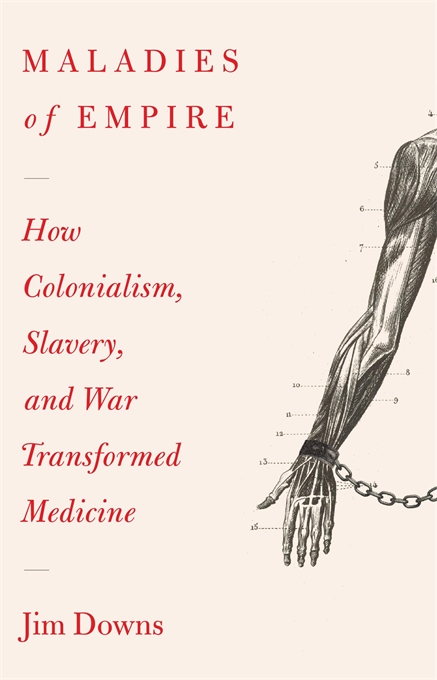Alun Withey
University of Exeter
Cross-posted from Dr Alun Withey
As my new project on the history of travel, health risk and preparation begins to get underway, one of the things that I am thinking about is the place of travel within early modern medical remedy culture. What kinds of conditions could befall travellers? What did early modern people think that the processes of travel, and different kinds of transport, could do to their bodies, and what types of remedies were available to deal with them. Research is still at a very early stage, but there are already some interesting hints that remedies were available to treat a variety of travel-related conditions.
Before the broadening of travel in the 18th century, many journeys were relatively short, and local. As a great deal of work has shown in recent years, the early modern population was surprisingly mobile. People travelled from parish to parish, and from rural to urban areas as they visited market towns to buy and sell goods. Perhaps the majority of journeys were taken on foot, on horseback or on a cart or, for those with means, in small carriages. By the later eighteenth century, post carriages were also available to private passengers.





You must be logged in to post a comment.